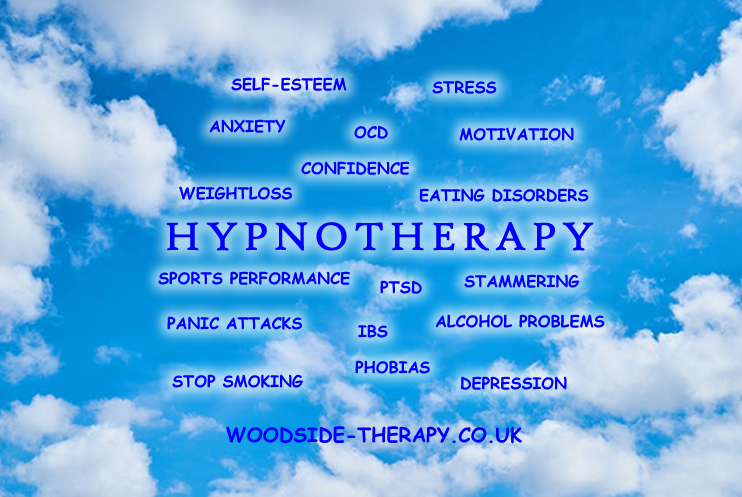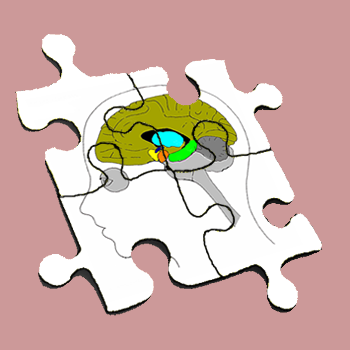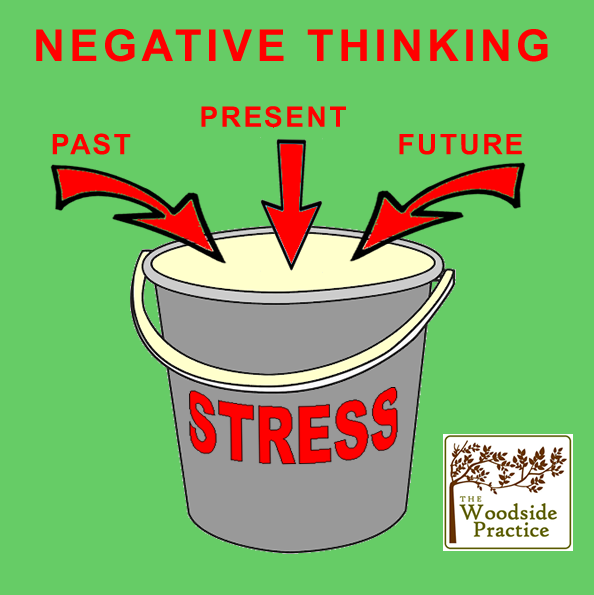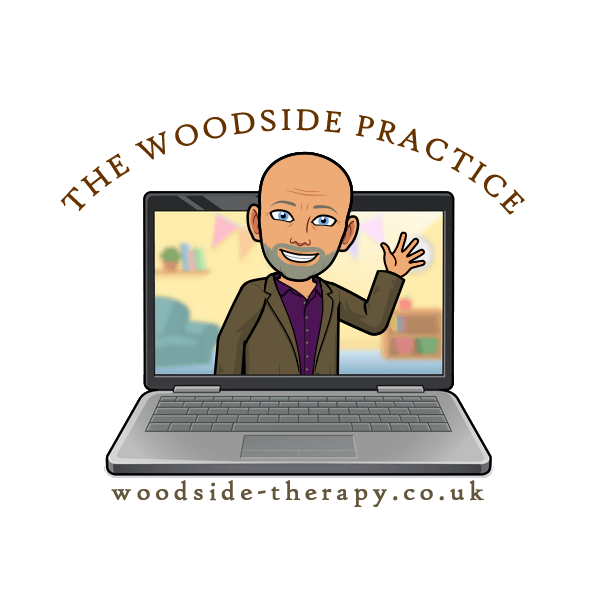
Solution Focused Hypnotherapy, based in Cornwall UK
Welcome to our Hypno-Blog
Blog posts (oldest first) - please click on a tile below to read the post
Hypno Blog – What’s it all about? (posted 20/11/19)
Hello,
Welcome to our first blog post.
I hope to be able to add regular (hopefully monthly) articles that maybe of interest to existing, potential and past clients.
Please bookmark the blog page and check back regularly to catch any updates,
The Blog!
I've been thinking of getting round to it, been putting it off for months and months and finding every possible reason not to do.
In fact I had several negative thoughts about it - "Nobody will read it" or "I'll run out of things to say" which conflicts with the Positive advice I regularly give out during a hypnotherapy session.
So that blew all my excuses out of the water!
I'm not a classically trained writer or author - so don't expect it to be perfect every time.
In fact you may find I ramble on. But It is is in a bid to engage with a wide diverse audience.
I work with clients from 6 to well over 60 years old - so it is a mammoth task to try to grab the attention of such a wide age bracket.
During my research (looking at lots of other hypnotherapist blogs) I found there were lots of news stories and explanations of a very technical and scientific nature. I see it as my role, not to impress my readers with my Neurological knowledge and Scientific prowess, but to simplify and translate these findings so that everyone can understand them.
I'm aiming for the blog posts to maintain the following attributes:
- Fun
- Enjoyable
- Understandable
- Engaging
- Informative
- Relevant
- Correct
I look forward to keeping you up date with all Woodside and Hypnotherapy / Psychotherapy related news.
Many thanks for reading this far!
Dave :-)
Where did it all begin? (Posted 22/11/19)
Quite a few years ago, when I was in my early 20’s, I was working in sales for a company in London.
Whilst on a training course one of the days was centred around different personality types and body language - Psychology seed planted, and kept alive by a couple of books I got from the library – but then ‘life’ comes along and the seedling of interest was nurtured no more .
Fast forward several more years, and I’m now a Police Officer working in Cornwall and smoking far more than anyone should, with several failed attempts at quitting behind me. A colleague at the time (who oddly enough is also now a hypnotherapist) came into the office boasting how he no longer smoked, and had no desire to do so – due to the hypnotherapy he’d had the previous night.
Six weeks later my colleague was still not smoking, so I thought I’d ‘give it a go’. A few days later, after an hour and a half of hypnotherapy, I walked out of a lady’s house near St Austell a non smoker!
That was 2004 and I’ve never thought of smoking anything since! I was amazed! Shocked! Cigarettes no longer had any hold on me.
After a few months I looked into Hypnotherapy in more detail, and considered retraining – but at that point I couldn’t find a reputable training organisation close to Cornwall and the idea dwindled a little.
Then several years later I found, by chance, a very reputable national (now international) training organisation - CPHT, who ran nationally accredited training courses.
So I enrolled, studied lots, read even more, practiced and subsequently qualified - and The Woodside Practice was started.
I enjoy helping people and getting the best out of them. Everybody has the right to be the very best version of themselves. Hypnotherapy is a fantastic tool for allowing that to happen.
What is Hypnotherapy (posted 3/12/19)
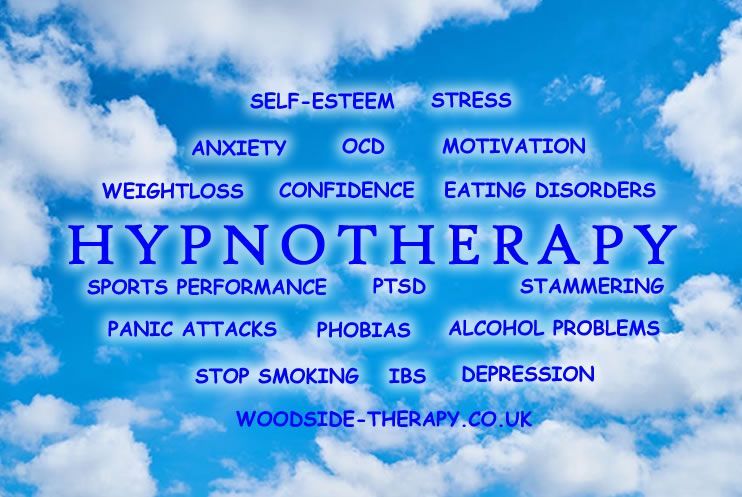
I’ve lost count of the number of people who have asked me if Hypnotherapy will make them cluck like a chicken, or forget their name, so firstly:
NO, It won’t !
That is Stage Hypnotism – done for so called entertainment purposes – Thank you Hollywood for all the popular & clichéd misconceptions.
I thought I’d use this Blog to explain what Hypnosis and Hypnotherapy are.
The word Hypnosis came from the Greek word Hypnos which means sleep, so Hypnosis means to put to sleep. However, in reality, it is a deep trance-like state of focused attention.
It is perfectly safe – in fact we go into trance several times a day all by ourselves. For example, whilst watching TV, or walking / running, some of us may even have completed a journey home in the car, but cannot consciously recall the last junction, or traffic lights!
You could call it a ‘daydream’ or ‘being in a world of our own’, but within our brains we have sections fully responsible for being vigilant lookouts, that are not involved in our day-dreaming.
Hypnotherapy uses hypnosis to aid the therapeutic treatment of certain psychological, physical & emotional issues, phobias, stopping addictive habits such as smoking – as well as increasing confidence and motivation to succeed in Sporting and Business arenas.
In films typically people are hypnotised using a swinging pocket watch, until they can’t keep their eyes open and they relax into an eyes closed trance. This is a valid hypnotic induction known as a method called eye fixation, however it doesn’t have to be a swinging watch, it could be a moving finger, or even a static mark on the wall or ceiling.
The method I use is as follows; whilst a client is relaxing, I ask them to close their eyes just as soon as they are happy to, and ask them to imagine certain things that involve using all their usual senses, but doing so whilst they imagine the scenes. At this point the client would be in a fully conscious state of light trance.
Once relaxed I encourage the client to deepen their trance by continuing to imagine things. And as they deepen their trance It allows their conscious thinking mind to relax in tandem with their emotional mind, thus quietening any critical ‘inner voices’ – which in turn offers us access to the subconscious mind. This is the optimum time to help the client change things / habits in line with the outcomes they desire.
At any point the client can wake up by themselves, and on doing so will be fully alert. And usually once I have stopped talking for a few moments the client automatically wakes up and opens their eyes. Usually the client reports a feeling of being very relaxed.
I offer a free initial consultation before carrying out any hypnosis sessions, this gives any potential clients the opportunity to ask any questions they may have, it also allows me to explain how the brain works in relation to the ‘problem’ and also what can be done to address this.
If you would like any more information or arrange a free initial consultation either telephone 07746 727989, or fill out the enquiry form on our contacts page.
Thank you, Dave

Explaining Our Brain – I’m in two minds about that!
As I mentioned in a previous post - Hypnotherapy is a talking therapy that helps people make the changes that they desire, by communicating directly with their subconscious mind.
Amazing stuff eh!
But why do we need to do that? What causes things to go ‘wrong’ to start with?
The answer lies within our brains – in the fact that we have two minds! And we can blame evolution for that! I’ll refer to these as our Primitive minds and our Intellectual minds
Let’s go back a couple of million years to the early versions of man & woman kind – For simplicity I’ll refer to this stage as ‘Caveman’ (or I suppose ‘caveperson’ to be politically correct). When caveman lived on earth the most important day to day routine was survival. Times were hard, there were a lot of dangerous beasts around, and also a lot of fellow cavemen weren’t the friendliest. So the brain developed some primitive parts aimed to help with survival. The three main parts: Amygdala (x2), Hippocampus and Hypothalamus. I’ll add more detail about them in future blogs – but for now it suffices to say these bits with odd names were all about survival.
Caveman wasn’t into communicating so much, other than the occasional grunt - so the brain was the Mk 1 Primitive model, with no added extras like the ability to talk, or think, or imagine. Just the basic bodily functions with a lookout mode, and not too much of long term memory.
If you look at pictures of early man, drawn from fossils found, you’ll notice that our ‘caveman’ had a steeply sloping forehead. Poor soul didn’t need the vast cranium that we fill today, as his brain was the compact model.
At some point in history, maybe a million years or more later, there was a major development, a later-stage-caveman tried to imagine something, or started to daydream, or maybe plan a future event, or perhaps rehearse for it – something primitive man had not previously done. And he told his family, and his friends – and they all started doing this crazy new thing calling ‘daydreaming’.

And although early man was evolving in many ways this was new ground for their brains, and evolution stepped in - and updated his brain. Unfortunately it was on a Friday afternoon, so the new parts just got added on top of the existing brain. Now giving us somewhere to save and store these new ‘ideas’ – think of it like a hard drive on a computer. And in time as this new bit of brain grew, our heads changed shape to accommodate and store it safely.
So now we had a brain with an ‘intellectual thinking mind ’ and the original ‘primitive emotional mind.’ And both parts needed each other, most of the time, to work harmoniously together, but sometimes it was like the original primitive mind, resented the new parts, and tried to take over in a primitive cavemen sort of way.
In summary, albeit in a simplified ‘almost fun’ way, we now have two parts of the brain both trying to do the best for us, unfortunately if we allow the primitive emotional brain to run the show – we sometime behave, or act, or think out of character, and most certainly not in the rational or logical way that the intellectual mind would have things done.
The primitive mind likes to use anger, depression and anxiety as a method of dealing with things, it is generally negative in it’s approach, obsessive and vigilant about things that displease it, and as it is not an intellectual mind it will not be inventive – it will be quite happy to do the same old thing every day. In this way it’s easy for us to lose direction in our lives.
Hypnotherapy is an excellent method for communicating with both minds, and getting them to agree on a common cause, a common cause that the client want to achieve.
If you would like any more information or arrange a free initial consultation either telephone 07746 727989, or fill out the enquiry form on our contacts page.
Thank you, Dave
The primitive mind trio - Amygdala, Hippocampus & Hypothalamus
In the last post I described how the brain has two minds: the original primitive emotional mind, and our evolved intellectual mind.
In this post I’m going to introduce the Amygdala, Hippocampus and the
Hypothalamus which make up part of our brains known as the Limbic System, bang in the centre of our primitive emotional minds
The central figure of the Limbic is the Amygdala, well actually we have two – they’re either side of the brain, about an inch (2.5cm) in from our temples and about the size of a small walnut. The Amygdala is described as the ‘fight or flight’ or sometimes ‘fight, flight or freeze’ part of the brain. I like to think of the Amygdala as the lookout, or security guard of our brains – as that is what it’s constantly doing. It’s there for our self-protection and works 24/7.
Let’s imagine a wild polar bear walks in! The Amygdala screams “Bear, Bear!!” and instantly checks with its neighbour – the Hippocampus.
The Hippocampus is like a library for all our stored behaviour patterns and experiences, which pattern matches the present event with past events and give us guidance for how to deal with it. However due to past distortions the instruction can sometimes be inappropriate.
In the instance of the Polar bear above; the Amygdala will shout to the Hippocampus, who will immediately start looking up all past references to 'Bear', in order to get a pattern match of what to do in that situation. In a blink of an eye it will have found all available answers within the Hippocampus’s library, namely “Get out of there quickly” and in order to do this as quickly as possible the Hippocampus will call to the Hypothalamus for help to do this:
The Hypothalamus has heard all the commotion going on nearby in the brain, and on hearing the last request prepares and applies an instant dose of adrenaline & cortisol to help …. The adrenaline makes the heart beat faster and pump nice fresh blood to the muscles so they can work harder and faster, the cortisol increases the body’s awareness and vigilance - making sure that every move that that the polar bear makes is monitored and reported back to the Amygdala -so the Amygdala can, if necessary, escalate the crisis – even more!!
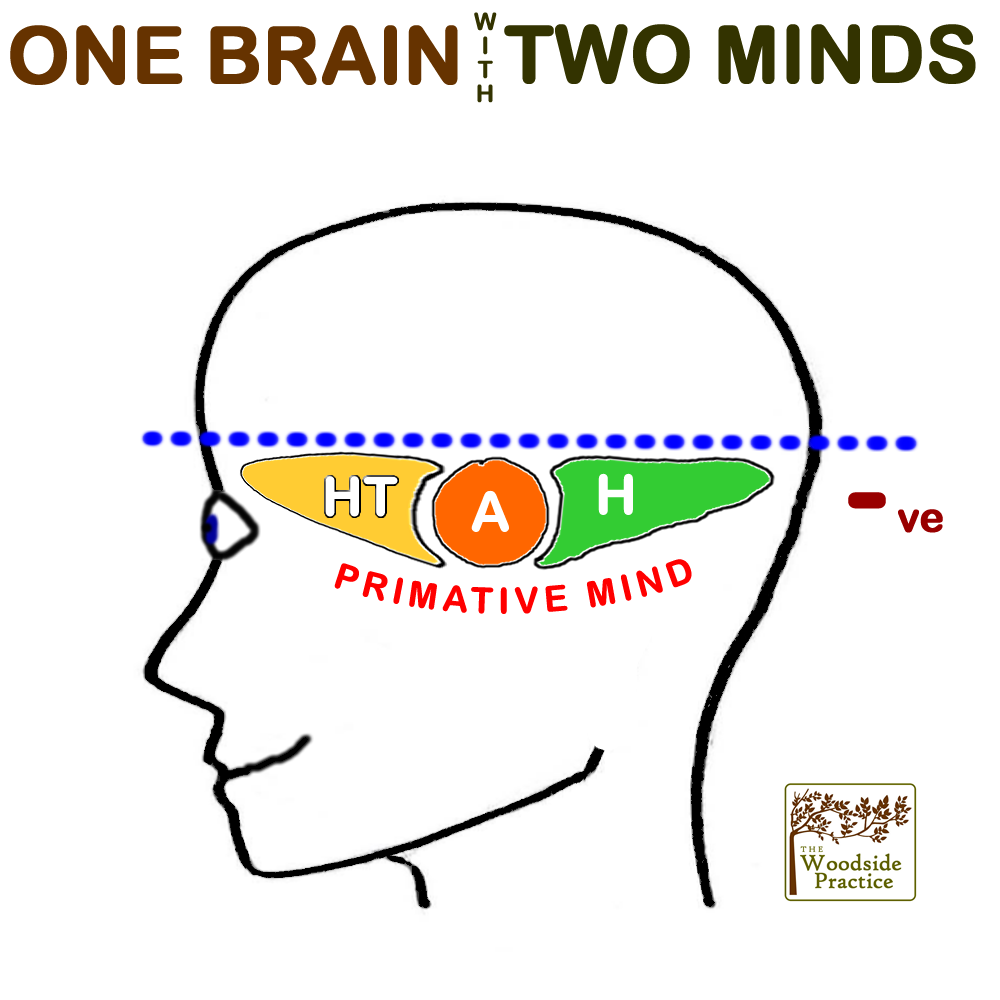
So, there we have the trio of primitive brain parts, doing what they’ve always done – acting for our self-preservation, the security guard, the librarian & the pharmacist. Most of the time they work happily together doing their bit for the smooth running of our brain and body. The ‘trouble’ starts when we bypass other parts of the brain and try to get, or allow, these three bits to run the show, without using the skills and resources we have in the intellectual part of the mind.
In the next blog I’ll talk about what we do to create the anxiety that causes the shift that can leave the primitive mind in control.
Thanks for reading, If you would like any more information or arrange an initial consultation either telephone 01208 628204, or fill out the enquiry form on our contacts page.
How do we create Anxiety?
and preferably how not to..........
If you would imagine a bucket sitting inside your brain, it doesn’t have to be huge, but we’ll use a bucket because it has a capacity limit – and when it’s full it will overflow.
So put the bucket thoughts aside and now we’ll move on to anxiety. How is it created? The simple explanation is we create anxiety by thinking negatively.
That’s it!
And those negative thoughts are converted into anxiety…… and stored …… in that bucket you were thinking of earlier.
We’ll refer to it now as the Stress Bucket.
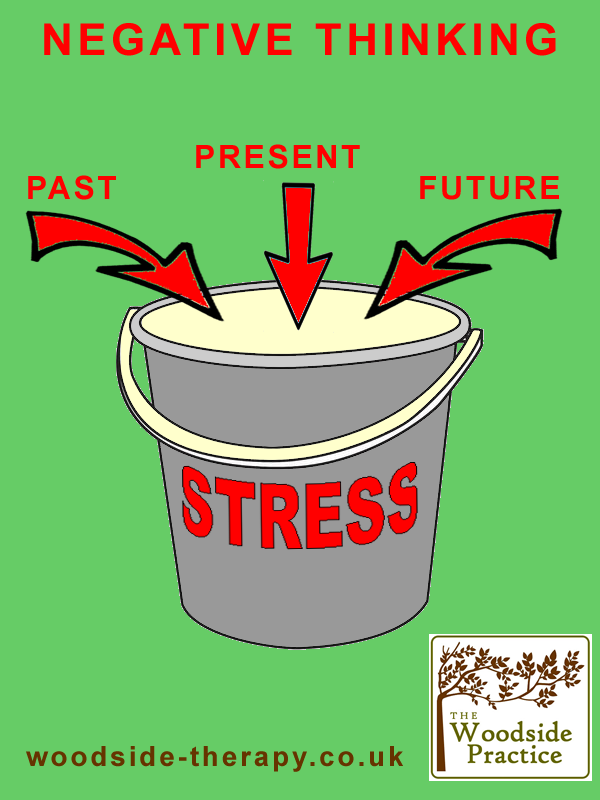
Negative thinking can be mulling over past events wishing you could change them for the better, or future forecasting things - saying things like “I’ll never be able to afford that”, or “the flight will be delayed”. Or, maybe even in the present time just thinking your glass is half empty not half full.
So, imagine a day full of negative responses and thoughts, steadily filling up our stress bucket. When do we get this bucket emptied? The good news is that in ‘normal’ circumstances it’s emptied overnight whilst we’re sleeping.
Whilst we sleep we have several phases of sleep, one of the phases is REM sleep, which stands for the Rapid Eye Movement phase – which is the point where we usually dream. During REM we re-run the events of the day and we move them from an emotional memory within our primitive minds to a narrative memory in our intellectual minds. Which loosely means we take the emotional bits away and just file the event in a huge bookcase in our brains.
This emptying of our buckets / daily event register goes on all by itself without any additional input from us – every single day and night. However we throw a spanner in the works when we overfill our buckets and/or don’t allow ourselves the correct proportion of REM sleep. The REM sleep phase usually accounts for around 20% of our total sleep. If we regularly deviate from around that figure, it’s fair to say, we will get ourselves in a bit of a pickle which can lead to symptoms of depression and/or anxiety.
In a future blog I’ll explain a method of ensuring we don’t put too much in our stress buckets and a way that we can produce some totally natural chemicals that make us feel great.
Thanks again for reading, and as always - if you would like any more information or to arrange an initial consultation either telephone 07746 727989 or fill out the enquiry form on our contacts page.
Thank you, Dave.
Stop Smoking Therapy
Originally posted on No Smoking Day 11/03/20 when 20 silk cut were £12.40 - prices amended below!!
We wish success to everyone who desires to quit smoking. If anyone struggles to kick the habit, we urge them to consider hypnotherapy.

The Woodside Practice Stop Smoking therapy is a comprehensive session, naturally it includes hypnosis, but also provides much more. We explain the hows and whys of smoking, like how we nurtured a habit that we knew all along was bad for us – and then why we struggle to give up.
This understanding of how our mind works in relation to smoking is of paramount importance and combined with hypnotic suggestion is the ideal start for your smoke free life. In addition, we provide a post session hypnotic track, to reinforce your session and help you in the future should you ever struggle, or to help you with other non smoking related future challenges. Informative literature to take away is also provided to help you remember the information provided.
The cost of our Stop Smoking therapy is £180.00 and typically takes 1.5 to 2 hours.
I had hypnotherapy in 2004, a single session of hypnotherapy only, that cost me £50.00 – thankfully it worked. (Actually, it was this event that inspired me to train as a hypnotherapist later.)
The cost of 20 cigarettes back in 2004 averaged a mere £4.32 – compared to £12.40 for 20 Silk Cut in March 2020 (in Tescos) which are £19.40 today (Jan 2026) - so pro rata the cost for the comprehensive smoking cessation with the Woodside Practice today is much greater value compared to my 2004 session.
If you smoke 20 Silk Cut a day, you will have spent £194.00 in the last 10 days. And another £194.00 in the next 10 days. In the last year £7081.00 would have gone up in smoke!
Does £180.00 for hypnotherapy seem so much in comparison if it helps you kick the habit?
We are committed to helping you stop smoking and put a lot of energy into the session. From feedback received our success rate is excellent.
If you, or anyone you know, wants to give up and is struggling – then please contact us to discuss how The Woodside Practice hypnotherapy could help.
A guide to getting the most out of Online Hypnotherapy,
This post will hopefully answer any questions & concerns you may have about Online Hypnotherapy and aims also give to advice on how to get the most out of each session.
As always, if you have any further questions, please don’t hesitate to get in touch – all the details are at the bottom of the page.
Pre-pandemic we saw clients face-to-face at our practice. Many of the issues we dealt with related to many of these either depression and/or anxiety. Sometimes, the thought of going out & travelling to an appointment can be overbearing to a depressed person, whereas the stress of travelling somewhere different, worries about being late, or finding somewhere to park could be unbearable to someone suffering from anxiety.
Online Hypnotherapy helps alleviate many of these issues, and additionally has so many more benefits:
- You can enjoy hypnotherapy from the comfort of your own surroundings
- No travelling – so less time is taken out of your day
- Flexible – we can offer sessions earlier or later in the day
- Accessible to persons with reduced mobility, or from further away
The results of online therapy match those from face-to-face therapy.
I actually believe that the online results happen quicker, owing partly to all, or some of, the advantages stated above.
Post Covid and as the world rushed to return to ‘normal’ it was widely accepted that online therapy was seen as an improvement.
To ensure a successful ‘Online Hypnotherapy’ session the following criteria should be met:
- A fast reliable internet connection, - a minimum of 5 mbps (megabits per second).
- A Desktop PC, Laptop or Tablet on a stand (Phones & handheld devices are not suitable).
- The latest version of Zoom software (Check for updates). Alternatively zoom can be used within most internet browsers (The standalone app is free to download and use)
- Familiarity with using Zoom. (similar to Facetime, Teams, Whatsapp video call etc.)
- A Working Camera, Microphone and Speakers / Headphones. (many clients prefer headphones)
- A comfortable chair or couch in camera view of your computer.
- In a place where you won’t be disturbed by noise, family or animals for at least an hour.
- All landlines, mobiles and devices set to silent for notifications.
As well as the above, it is important that the client wants to make changes. One thing we find is especially important is that clients recognise that they have to make changes. It would be foolish to do everything the same - but expect different results.
At The Woodside Practice we Embrace Change, change is for the better outcomes you desire, change can bring out the best in you, change is Positive, change is good......
Working together we can EMBRACE CHANGE !!
Our main website details all the areas where hypnotherapy can help, if you would like more information, or would like to book an initial consultation please click here.
Thanks, Dave
New post will appear here - hopefully soon - click back regularly
New post will appear here - hopefully soon - click back regularly

Online & Face to Face
Solution Focused
Hypnotherapy
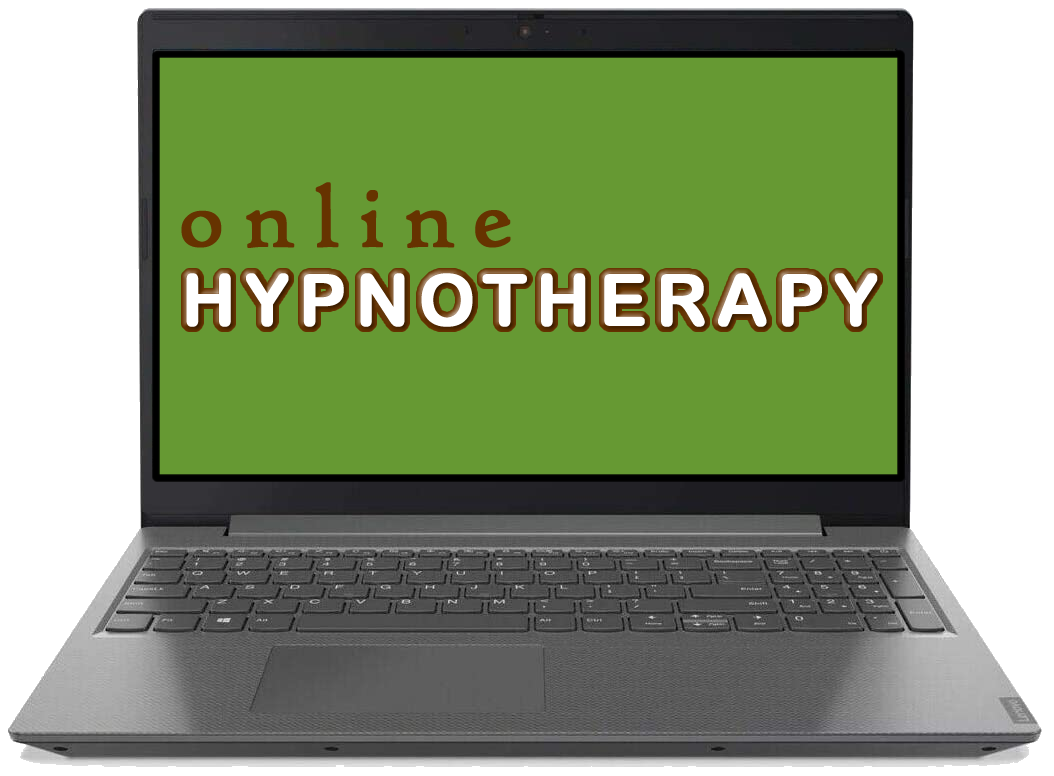
ADDRESS *
Trelawney
Fentonadle
St Breward
Cornwall
PL30 4PJ
* visits strictly by appointment
CONTACT
OPENING TIMES
Monday to Friday
09.00 to 17.00
Saturday
09.00 to 12.30
Sunday (& bank holidays)
Closed
Follow Us on Facebook & Instagram
Results may vary from person to person


